A new real-time, county- and farm-type stratified spatial disease surveillance system for swine pathogens has been developed to detect diseases at a regional level. The study, funded by the Swine Health Information Center, sought to evaluate a surveillance system that integrates diagnostic and animal movement data to track pathogen activity and spread at the site and regional levels. Led by Dr. Gustavo Silva at Iowa State University and his PhD Candidate Swaminathan Jayaraman, a comprehensive, data driven approach to emerging disease management was developed integrating data from 3,084 sites across 18 US states representing 10 major production systems. The newly developed system detects emerging diseases and provides weekly infection risk forecasts to support targeted disease control efforts. Producers and veterinarians who are interested in joining this surveillance system as participants should contact Dr. Silva at [email protected].
Find the industry summary for Swine Health Information Center project #24-029 here.
By integrating diagnostic data, animal movement information, and site location data across >3,000 sites, the analysis revealed critical insights into disease transmission dynamics. Results determined that farm type is the primary determinant of porcine reproductive and respiratory syndrome virus transmission risk, accounting for 81% of the total variance. Two complementary Bayesian spatial surveillance models were used to characterize PRRSV transmission dynamics at the county and sites levels. Models incorporated farm-type stratification to account for different breeding herds, growing herds and other herds in addition to spatial proximity within a 25 km radius.
Baseline infection probabilities for PRRSV were 73% for growing herds, 70% for breeding herds, and 58% for other herds. Movement networks were found to be the second most significant factor at 16%, with geographic proximity explaining only 3%. This finding challenges the conventional emphasis on geographic clustering and highlights the importance of production phase in disease spread.
Overall, the system’s forecasting capabilities achieved accuracy of over 83% for county level models and over 84% for site level models for a one-week horizon. Although predictive accuracy decreased for longer forecasting periods, the system’s ability to provide timely, actionable data remains a powerful tool for veterinarians and producers.
The study also documented numerous spillover events, identifying how infections likely spread between different sites and farm types, often within the same production system and within a relatively short distance. The spillover analysis (January 2019 – June 2025) documented 319 breeding herd outbreaks, of which 109 were linked to a potential spillover from other sites. Spillover events were characterized by state, farm type, distance between sites, and pathogen lineage. The system also detected site-specific events, enabling direct feedback to producers and supporting targeted outbreak investigations.
A conditional logistic regression model further assessed risk factors, demonstrating that increased densities of total and PRRSV-positive farms in the vicinity of breeding herds significantly raise the odds of an outbreak. This model assessed risk factors for PRRSV or PEDV classification in newly positive sites, incorporating farm density within a five-to-20-mile radii around breeding herds.
This surveillance system offers data-driven, actionable insights to reduce disease spread, guide targeted interventions, and improve swine herd health at both site and regional scales. By integrating diagnostic, movement, and spatial data into a single, continuously updated platform, it enables early detection of emerging health threats, identification of high-risk sites, and real-time situational awareness for veterinarians and producers. The overall findings emphasize the dominant influence of production phase and movement connectivity on PRRSV transmission, challenging the traditional focus on geographic clustering.
Further, findings advocate for targeted surveillance and intervention strategies tailored to farm-type risk profiles and movement networks to improve precision disease control in commercial swine populations. Ultimately, this work provides the US swine industry with a proactive tool to strengthen biosecurity, enhance disease preparedness, and protect animal health and productivity.
The Swine Health Information Center, launched in 2015 with Pork Checkoff funding, protects and enhances the health of the US swine herd by minimizing the impact of emerging disease threats through preparedness, coordinated communications, global disease monitoring, analysis of swine health data, and targeted research investments. As a conduit of information and research, SHIC encourages sharing of its publications and research. Forward, reprint, and quote SHIC material freely. For more information, visit http://www.swinehealth.org or contact Dr. Megan Niederwerder at [email protected] or Dr. Lisa Becton at [email protected].